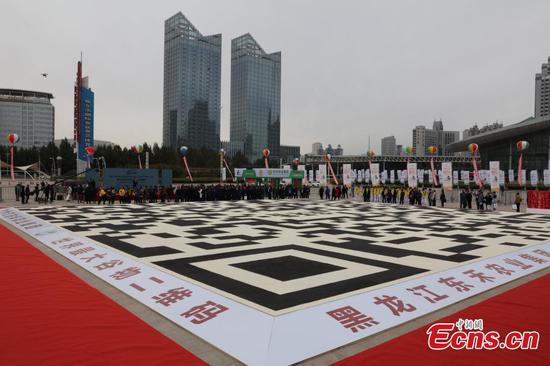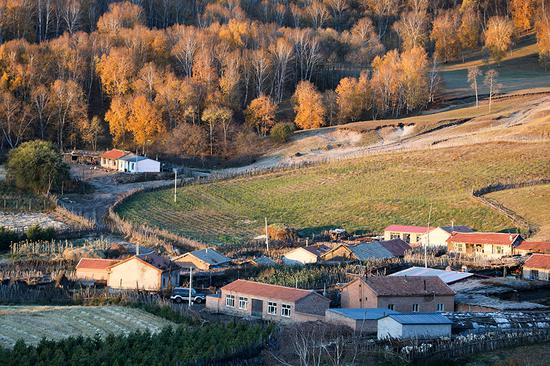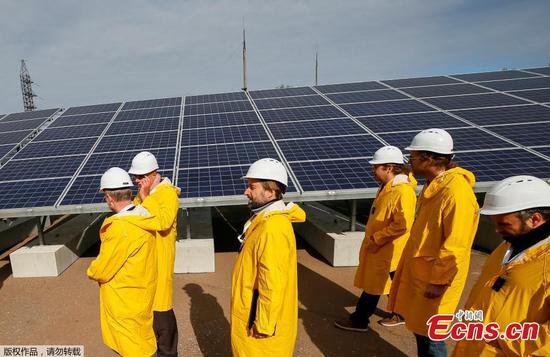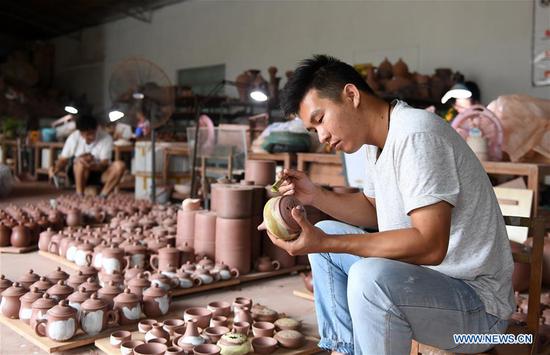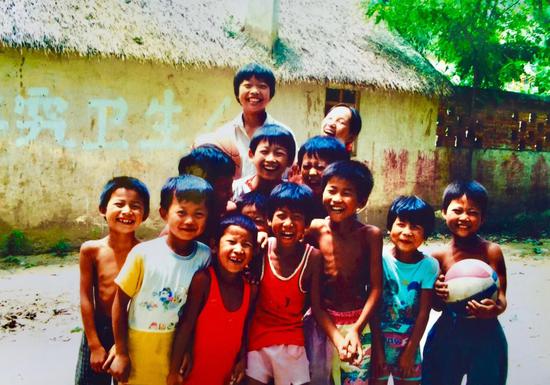The Ministry of Housing and Urban-Rural Development rejected a report on Thursday that said monetary compensation for shantytown renovation led to rising property prices. Instead, it said the policy has helped promote healthy development of the real estate market and will be fine-tuned in accordance with each city's conditions.
The policy will be improved, and soon will be adjusted for cities and counties with inadequate inventories and huge upward pressure on property prices, said Ni Hong, vice-minister of housing and urban-rural development, at a policy briefing hosted by the State Council Information Office on Thursday.
However, monetary compensation is not necessarily connected with housing prices, and it has played a positive role in stabilizing land prices and market expectations in third- and fourth-tier cities, Ni said.
In 2015, some cities carried out favorable measures in monetary compensation when they had large housing inventories, he said, adding that such compensation contributed to inventory reduction and achieving a balance between supply and demand in the real estate market.
Now some cities don't have enough inventory and need supportive policies, so targeted policies should be carried out for each city to promote shantytown renovation and a healthy development for the real estate market, Ni said.
"We will adjust favorable policies in monetary compensation in line with local conditions, instead of canceling such compensation," the vice-minister added.
The briefing came after a State Council executive meeting presided over by Premier Li Keqiang on Monday, which decided to boost shantytown renovation across the country and complete this year's target.
More than 100 million residents have moved from shabby houses to newly built buildings. The Government Work Report, delivered by Li in March, set this year's target to start construction of 5.8 million apartments for shantytown renovation.
From January to September, construction began on 5.34 million apartments, 92 percent of the year's target.
Local governments were urged to start such renovation projects, according to the three-year plan set by the Government Work Report. Meanwhile, infrastructure should be completed along with the projects, and quality and safety must be ensured.
Shantytown renovation has played a vital role in improving living conditions for the disadvantaged population and expanding demand, Ni said. This year focuses on shantytowns in older city areas, State-owned mining areas, and forestry and farming areas, he said.


















